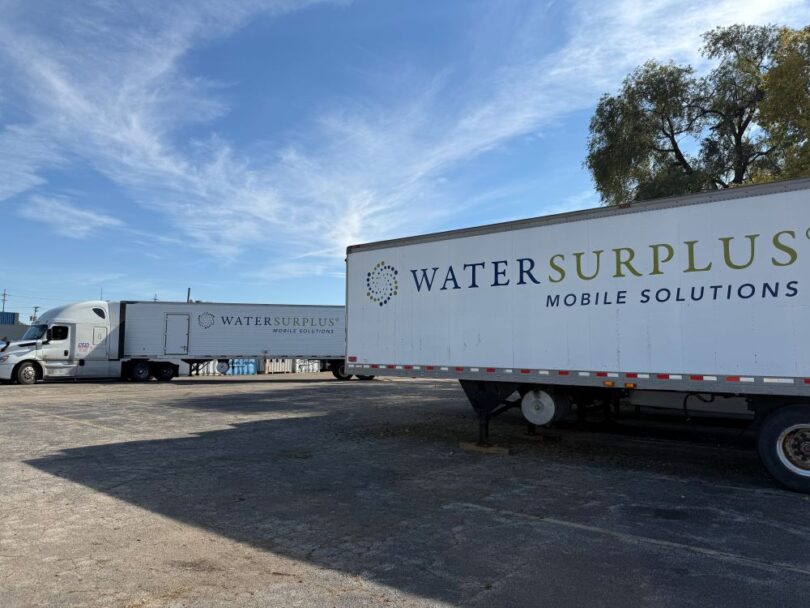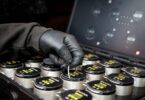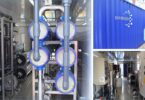WaterSurplus has successfully deployed an advanced mobile water treatment system to the University of North Carolina, Asheville, which has remained closed since Hurricane Helene caused extensive flooding and significant disruption to water infrastructure in western North Carolina. Deployed in collaboration with Onsite Water Management, LLC, and the United States Army Corps of Engineers, the system will provide essential water treatment services during this critical recovery time. It has now been connected to the campus’s water distribution network.
The UNC Asheville campus, home to nearly 1600 students, has been facing an urgent need for reliable, high-capacity clean water solutions to support essential personnel and recovery operations as the school works to reopen. The WaterSurplus mobile water treatment system addresses this pressing need.
“The deployment of this system is a testament to our commitment to provide reliable water solutions, especially in times of need,” said John Barelli, President of WaterSurplus. “The partnership with Onsite Water Management, LLC, and the U.S. Army Corps of Engineers has enabled us to deliver a rapid and sustainable solution to UNC Asheville, ensuring clean water access when it matters most.”
Water Surplus is a leader in supplying sustainable water treatment solutions across industries and around the world. The system provided to UNC Asheville features a robust two-stage process designed for challenging environments:
- Two-Stage Filtration System Using SandPlus Media: These initial filtration stages effectively remove particulates, debris, and sediment from the non-potable water being delivered through the Asheville Water Resources Department water system. SandPlus is a high purity aluminosilicate capable of removing particles smaller than 5 microns at loading rates up to 20 gpm/sqft.
- 200 GPM Reverse Osmosis (RO) System: Following filtration, the RO system treats up to 200 gallons per minute, removing dissolved contaminants to ensure a reliable supply of purified water.
Once the system is fully integrated, operators will flush UNC Asheville’s water distribution network with clean, treated water, eliminating contaminants and preparing the network for safe use. It is expected that limited potable water will be restored to the campus in the next week. The water treatment system will provide up to 280,000 gallons of potable water to campus each day. The water at the site is undergoing bac-t testing, a total coliform test that detects the presence of coliforms in drinking water, an important part of the process to ensure that it is safe to drink. The next step is to set up the pumps to send the water to campus.
By producing clean water on-site, the system reduces the need for bottled water and minimizes the environmental impact associated with transporting emergency supplies. This sustainable approach aligns with both immediate and long-term water management goals. As recovery efforts continue, UNC Asheville’s water distribution network will be available for supporting essential campus functions and preparing the university for safe reopening as soon as possible.
This is not the first time that WaterSurplus has stepped in to help mitigate a large scale water crisis. Last year, the firm sent state-of-the-art reverse osmosis (RO) filtration systems to Louisiana to counter a saltwater surge resulting from an intrusion of a dense layer of saltwater from the Gulf of Mexico into the Mississippi River. Working in partnership with agencies including the United States Army Corps of Engineers, WaterSurplus deployed nearly its entire supply of rental RO assets—enough to produce more than four million gallons of potable water per day—to address the crisis







